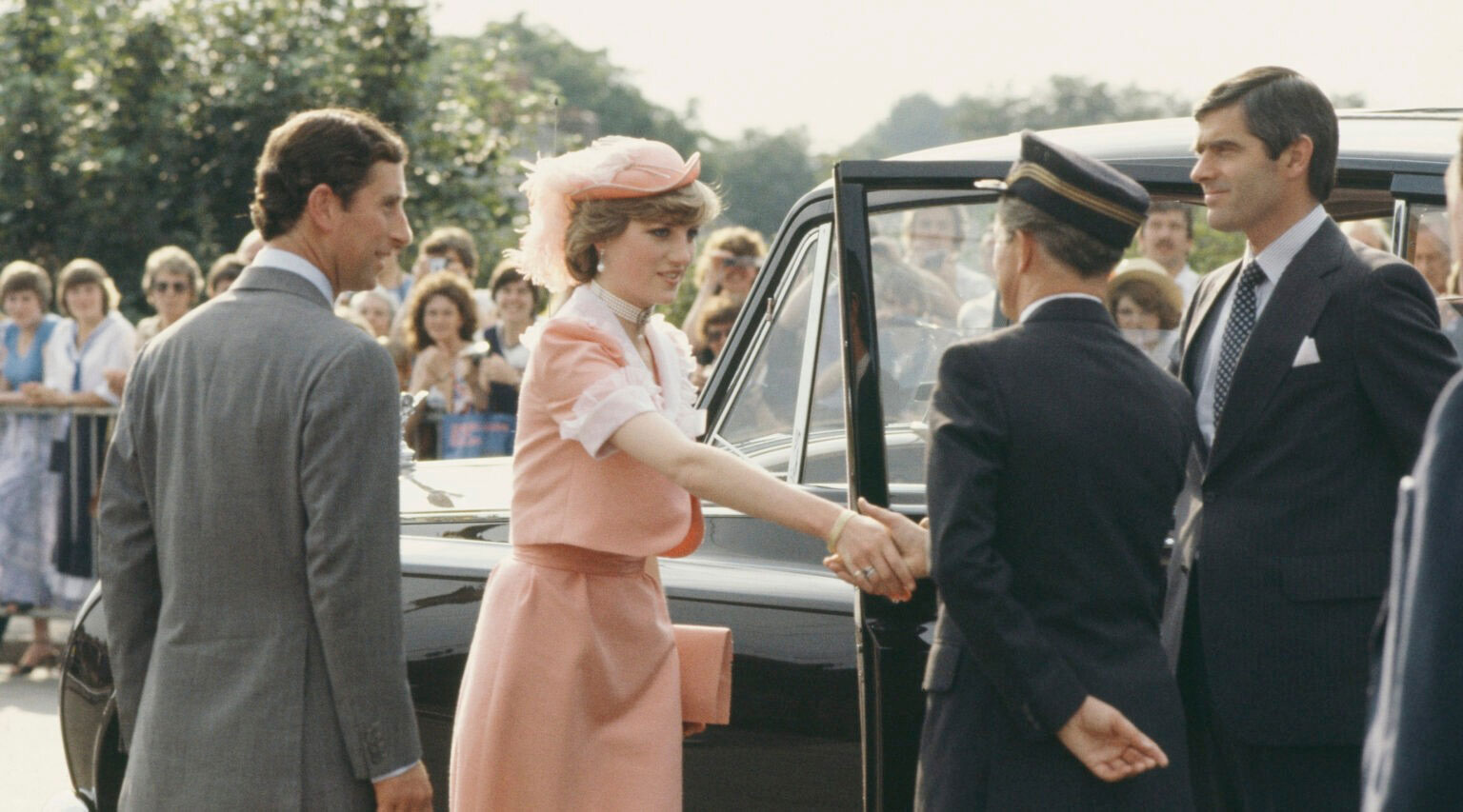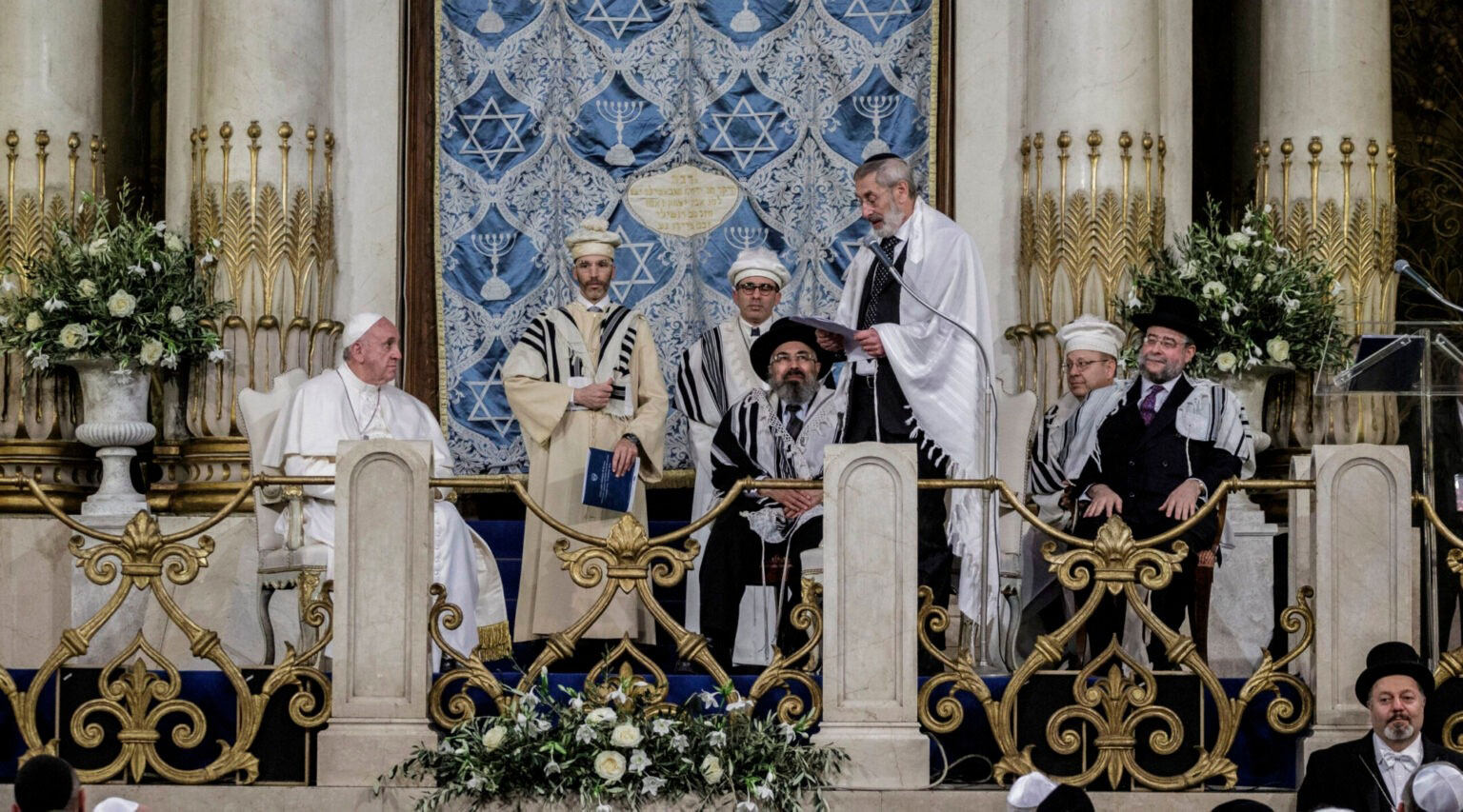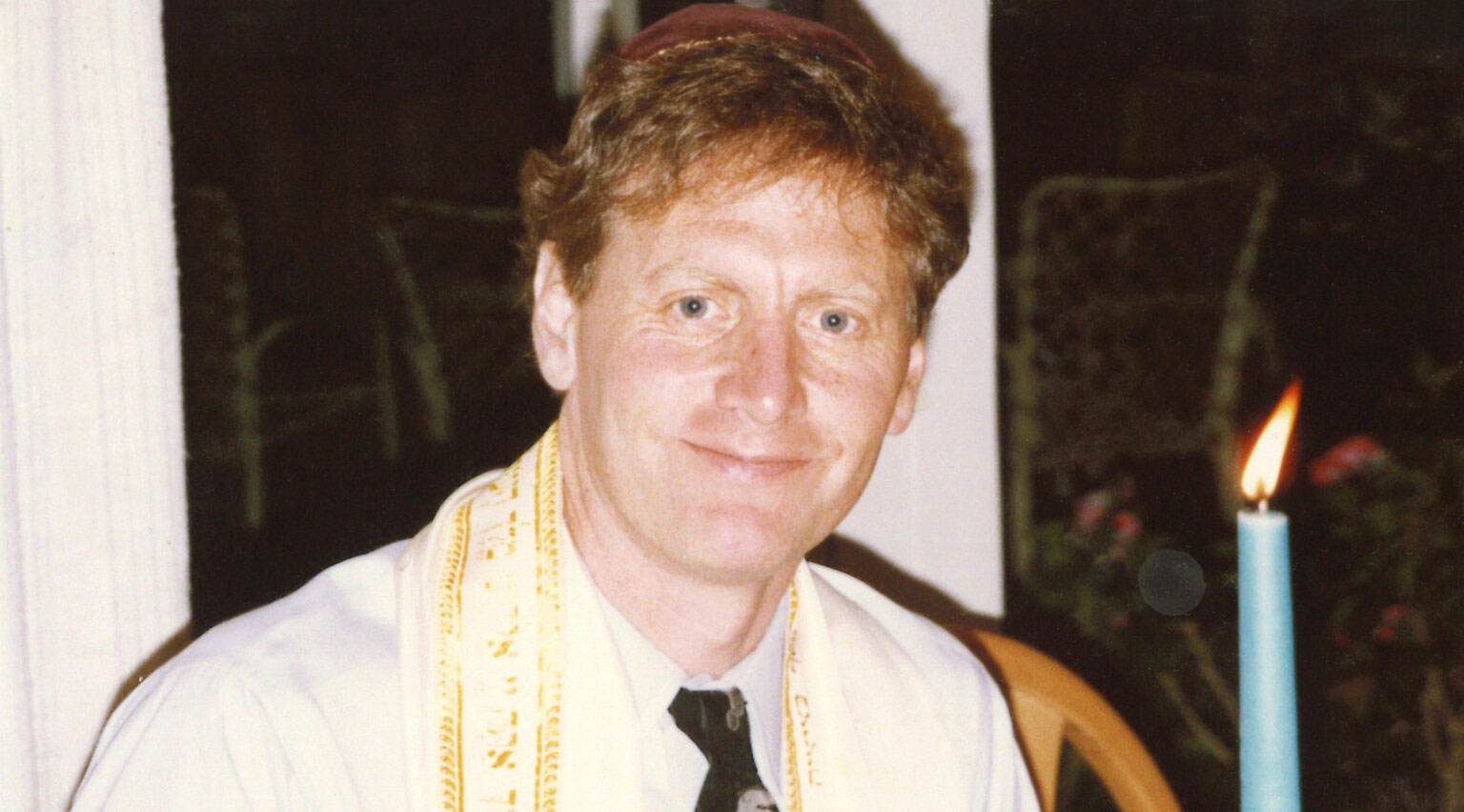(New York Jewish Week) — On the evening of Monday, April 8, the last hours Tom Weiss was seen in public, he was taking care of others: He sang and chatted with friends at the annual dinner at Ohab Zedek, his synagogue on New York’s Upper West Side. He accompanied the dinner’s senior citizen guests home afterwards and then walked a friend back to their house safely, before calling yet another friend.
It was a typical day in the life for Weiss, who according to friends and family was always the first person to call to make a minyan and the last person in the room on Friday nights and Shabbat mornings making sure everyone got home without incident.
Weiss was found dead on April 11 in his apartment on the Upper West Side, where he lived alone. Weiss’ brother said he likely passed away from a pulmonary embolism. He was 61.
While he had no spouse or children, Weiss had spent nearly his entire life on the Upper West Side creating for himself a family of hundreds of people who he cared for and who cared for him.
“He had a song in his heart and a smile on his face everywhere he went,” his younger brother, Stephen, told the New York Jewish Week, who called Weiss “Tommy” — and dubbed him a “master of chesed.”
Indeed, Weiss dedicated his life to chesed, the Hebrew term for acts of kindness, especially that of bikur cholim, or visiting the sick. For many decades before COVID-19, Weiss gathered a group of people at the corner of 96th Street and Columbus Avenue on Shabbat afternoons, walking across Central Park in every type of weather to Mount Sinai Hospital, then climbing up and down 11 stories to find Jewish patients who might like to listen to him sing or hear a kind word.
During the pandemic, Weiss began delivering meals to home-bound Manhattanites, rushing around on Friday afternoons to make sure sick and immunocompromised people would be able to have a meal for Friday night.
He also took care of his mother, Zelda, for four years until she died this past December.
Weiss was born in Manhattan on Sept. 15, 1962. His father Ted, an immigrant from Hungary and lawyer, represented the West Side of Manhattan in the U.S. House of Representatives from 1977 until his death in 1992 at the age of 64.
As a child, Weiss belonged to B’nai Jeshurun and Stephen Wise Free Synagogue on the Upper West Side and began to get more interested in Orthodox Judaism after staying with cousins in Flatbush and keeping Shabbat for a weekend as a teenager. When his father died, Weiss became more observant, his brother said.
“Tommy was always so proud of my father,” his brother, Stephen, told the New York Jewish Week. “In a way, my brother found his own way to serve his community.”
Weiss attended Butler University in Indiana, where he was the only Jewish member of the Lambda Chi Alpha fraternity.
Friends describe Weiss as someone who was always determined to do what he felt was right — whether that meant sneaking away from home one Sunday afternoon to catch a double header at Yankees Stadium at 9 years old or being the lone voice in synagogue singing in a falsetto pitch. But often what he felt was right was often helping as many people as he could.
Upon his return to Manhattan, Weiss brought Jews together both formally and informally. As young men in their 20s, Weiss and Wildes often organized Shabbat dinners together.
Outside of Jewish life, Weiss loved singing, running, biking and playing tennis. He and his brother played tennis three times a week in Plainview, Long Island, where Stephen lives.
Weiss’ ability to occupy any role wasn’t just a way of life — it was also his career. Weiss worked as a sports broadcaster, producer and actor, appearing as “Noah,” a board member of Waystar Royco in Season 1 Episode 6 of HBO’s “Succession,” and he also appeared on other shows like “Sesame Street,” “Law & Order” and “The Marvelous Mrs. Maisel.” In Israel he interviewed local politicians and everyday people for an online and radio feature he called “The Ambassadors Report.”
Weiss is survived by his brother Stephen, sister-in-law Paula and niece Teddi.
“I feel like my brother had a higher calling and God needed him for something else,” Stephen said. “Meanwhile, he can still look over all of us. I believe that.”
“A lot of people in the community now are thinking to themselves, ‘How can I be more like Tom? How can I have more happiness every day in life? How can I do more to help pe





